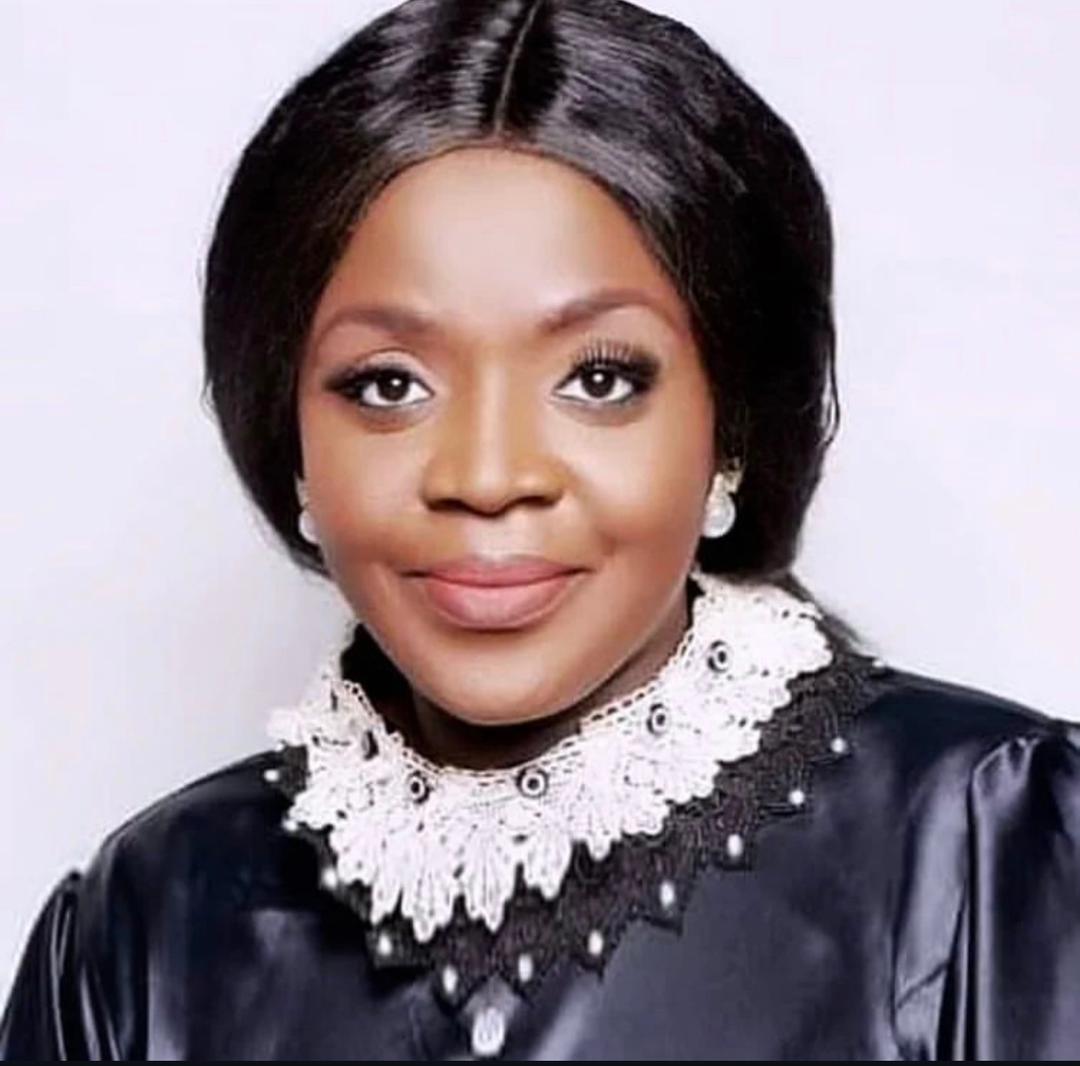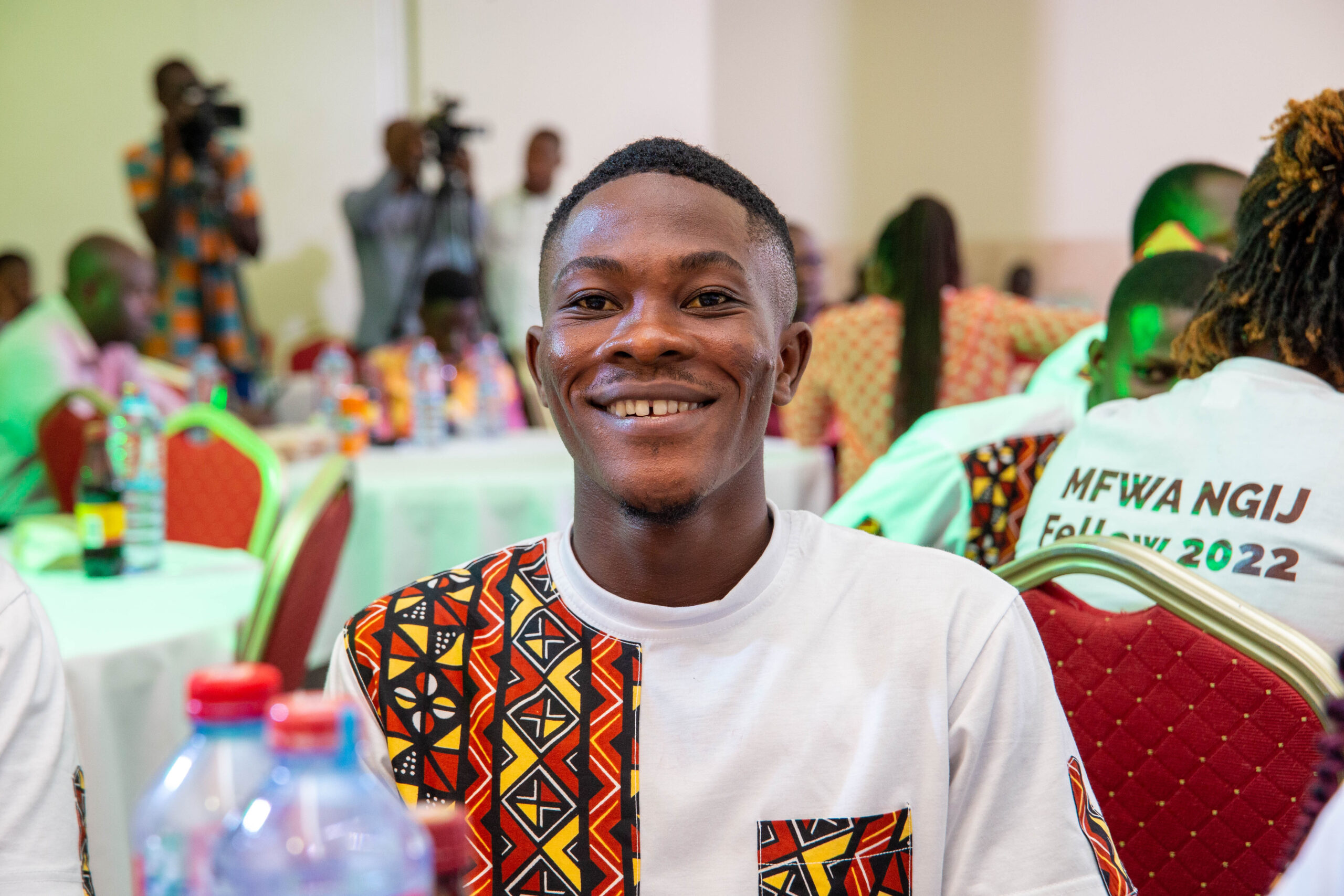Africa: Challenges and prospects.
This is a thought reflection on a panel discussion by Gloria Mabeiam Ballason Esq, at Mensvic Grand Hotel East Legon, Accra- Ghana on 9 October 2024.
Our feet have touched Ghana. It is sacred ground. It is the soil upon which our beloved Osagyefo Kwame Nkurumah pumped his fist in the air as he drew the first whiff of breath of freedom. Yet as triumphant as that moment was, he was dissatisfied because the Independence of Ghana was, in his view, meaningless until it linked up with the total liberation of the African continent.
His hope did not leave him ashamed. There were enough intersecting points of courageous leaders of ideology and conviction like Nigeria’s Nnamdi Azikiwe, Guinea’s Ahmed Sékou Touré, Tanzania’s Julius Nyerere, Gambia’s Dawda Jawara, Kenya’s Jomo Kenyatta and many more who along with female activists like Funmi Kuti, Ama Aidoo, Muthoni Likimani… joined across the length and breadth of the African continent in the fight for emancipation.
These forebears were driven by the ideology of a continent where material resources are held in common, exploitation is eliminated and equality before the law is fulcrum for peace and stability.
Decades later, we are steeped in a critical discourse on how to counter legal obstacles to rights violations and impunity in not just West Africa but the entire continent.
The stark contradictions of past greatness to the present darkness compels us to ask: Where did we miss it and what must we do to find our way? This question is especially necessary because the past, however beautiful, has no future. We are now in the reality of the present. The task before us is to proceed to build a continent of progressive development and the fulfilment of the dreams of our founding fathers and mothers.
Of Media Freedom & Civic Expression
Media freedom is a sine qua non for democracy. Media makes up the bridge between political authority and public opinion. Consequently, the independence of media as the fourth estate of the realm is crucial for the mediation of institutions in a lawful state; moreso as harmonious relationships between the citizens and the leaders of a given society can only be facilitated by a free press.
Curiously, the present relationship between the media and politics often reflects either contradictions between the two or subversion of the media by politics.
Nonetheless, media freedom is important because it is a basic human right. No nation, region or continent can hope to develop democratically without free expression, free publication and free distribution and exchange of ideas and opinions. Democratic societies can only function sustainably when people are well-informed, able to access and share information and can debate ideas devoid of fear.
A democratized press manages international tensions and conflicts, enables the diversity of perspectives in public discourse, engenders social inclusion and pluralism and nourishes the marketplace of ideas so the truth can emerge and public policy can be constructively debated.
Let us, for the purpose of administrative convenience, beam the searchlight on West Africa and triage the challenges: we find that the obstacles to media operations include excessive registration, licensing and accreditation requirements, harassment, intimidation, incarceration or physical attacks and murder of journalists, legislative attempts to over-regulate traditional media and the internet, denial of access to information held by government agencies, coercion of journalists to reveal their confidential sources to law enforcement agencies, government’s labelling of offending or critical views as ‘extremism’ or ‘hate speech'( without balancing out government’s ‘hate actions’), restrictions on media pluralism especially byundue government control and pressure and citing criminal defamation charges against journalists for writing critical stories about public officials.
Legal accountability for violation of free press.
The Courts have intervened in some of the cases. In the Amnesty International, Togo and Others V. The Togolese Republic, ECW/CCJ/APP/61/18; WCW/CCJ/JUD/09/20, the ECOWAS Court found that ‘access to the internet is a ‘derivative right’ as it ‘enhances the exercise of freedom of expression; hence, internet access is a ‘right that requires protection of the Law’ and any interference with it ‘must be provided for by the law specifying the grounds for such interference’.
In Media Foundation for West Africa (MFWA) V. The Gambia, ECW/CCJ/APP/19/15; ECW/CCJ/JUD/04/18, the ECOWAS Court in its judgement held that ‘…the right to freedom of expression is fundamental to the development of a democratic society and that any restrictions on this right must be necessary and proportionate to the aim pursued…’
The African Court on Human and People’s Rights in the case of Lohe Issa Konete V. Burkina Faso, Application No. 004/2013, ruled that:
“Freedom of the press is essential for the preservation of democracy and the protection of human rights, thus, any unjustifiable limitation to this right is contrary to international standards. The Court went on to order Burkina Faso to amend its legislation on defamation in order to make it compliant with international standards by repealing custodial sentences for acts of defamation and to adapt its legislation to ensure that other sanctions for defamation meet the test of necessity and proportionality in accordance with international obligations.”
Similarly, in The African Commission on Human and People’s Rights v. Libya case, Application No. 002/2013, the African Court found that
‘…the suppression of journalistic freedom through arbitrary arrests and legal harassment contravenes both regional and international obligations to uphold the right of freedom of expression…’
The Court went on to emphasize the imperative for the protection of human rights as a fundamental obligation of states and the failure to uphold the rights as a serious breach of International Law.
Why civic expression?
Civic expression encompasses the right to voice opinions on social, political and economic issues. It is central to a functioning democracy and important for many reasons including empowering citizens to influence public policy, governance participation and reform advocacy. It ensures the promotion of inclusivity and the empowerment of marginalized groups to participate in public life for social cohesion, the enabling of accountability by providing a platform for criticizing government’s actions, exposing social injustices and advocating for marginalized communities as well as ensuring the power dynamics of society do not become skewed towards authoritarianism or social inequality.
Indeed, civic participation is vital for raising awareness and public consciousness on issues like justice, equality or the violation of human rights, enabling the right to freedom of assembly, and advocacy for other fundamental rights to be upheld and respected.
Consequently, the point must be made that both media freedom and civic participation are pivotal to democratic societies as qualifiers of progress and development.
The freedom is not only applicable to information or ideas that are favourable to those in authority but also includes those that offend, shock or disturb so long as they are within the ambit of law.
Impunity: The Elephant in the Room.
The failure to hold violators of human rights accountable is a regional and continental concern. The absence of legal consequences for individuals, groups or institutions responsible for acts such as corruption, torture, extrajudicial killings or abuse of power not only undermines the rule of law but impinges on the effectiveness of justice systems.
Impunity is the outcome of weak judicial systems, political interference or a lack of political will to prosecute high-ranking officials or powerful actors. Where there is no accountability, violations continue unchecked, undermining the trust of citizens in state institutions and fueling public discontent.
Without accountability, perpetrators of violence will operate with audacity, especially in authoritarian states where security forces commit extrajudicial killings or torture.
Impunity can also translate into repression of free expression and civic engagement where state actors face no consequences for silencing journalists, activists or political opponents. This leads to shrinking civic spaces as citizens are unable to freely advocate for change or voice dissent.
Impunity also manifests in entrenched corruption that becomes a feature of governance particularly through corruption and in the misuse or misappropriation of public funds. In this context, laws are selectively enforced and certain persons or groups deem themselves as above the law. This invariably leads to the erosion of trust in institutions where even the judiciary loses credibility as citizens become disillusioned with the justice system.
West Africa Network of Activists & Media Defence Lawyers: A worthy development.
The Media Foundation for West Africa could not have thought better than this worthy assemblage and convening of activists and lawyers to find solutions to the problems of rights violations and impunity in the region. It’s been a long time coming and there is an urgency of the now. With Niger, Mali and Burkina Faso’s break away from ECOWAS, our regional ranks have been broken and our number is depleting. The quality of leadership is on a steep slope.
Not too long ago, our leaders were Pan-Africanists who invested in a common history, culture, innovation and development for the continent. They were intentional about leaving no state behind. When they spoke, we listened. Their oratory captivated us. Their language was telegraphic in nouns and trusting in verbs. They themselves measured their success by their ability to move the most people out of poverty and to forge the strongest brotherhood bonds with one another. They aspired to inspire before they expired and upon their expiration the brothers left behind, nay, brother-presidents, bore on their shoulders the body of the fallen to the final place of rest.
Today our leaders have been paralytically hit by individualism, avarice and corruption. They take more pride in living above the Law and putting others beneath it. Even our regional Court suffers from the impunity of our leaders whose compliance with judgments are in breach than in compliance.
Pray tell, what is the fate of our region and continent with the level of human rights violations, impunity and refusal of states to respect the judgments of the Regional Court? Can this network of activists and lawyers be the ultimate team or would they, as in the case of Robert Greene’s Mending Wall, only be able to keep things up until their backs are turned?
There may not be magic bullets but here are suggestions for organic remedies:
First, the Media as fourth estate of the realm must be ethical and like Caesar’s wife, be above board. They must move reportage from national boundaries to regional domains and set an agenda of deepening democracy through the projection of what leaders ought to do and the thresholds they must reach. Leaders who fail to meet up the matrix of development, democratic values, good governance, respect for human rights and the rule of law should be exposed for who they are while those who do well should be celebrated.
Second, we must make corruption and the crazy brigandage of public wealth obsolete. Our region is tarnished by it; we have a duty to not turn away. We must reject and vehemently resist the degrading and shameful avarice in leadership that has profiled the region. This requires setting the leadership bar higher, recalibrating and reconstructing our value systems so liberty, dignity and respect can be firmly entrenched and commonwealth can be evenly distributed.
Third, we must invest in ensuring states cooperation in compliance with the decisions of the Regional Court in good faith (pacta sunt servanda) so that there can be remedy for injury( Ibi jus, Ibi Remedium).
Fourth, regional unity and solidarity can no longer be dreams or subjects of commentaries. They must be expressed decisions and relationships that translate to rapid economic, political and innovation development.
On a final point, we must organize more than agonize. We must, in the words of Patrice Lumumba, never doubt for a moment the triumph that can result from the sacred cause of history’s trust. We must grease our atrophied hope with action and positivity. A region of our dreams is possible.
Let us now turn not to the north, south, east nor west but set our gaze forward.
Gloria Mabeiam Ballason Esq is the Chief Executive Officer of the House of Justice in Nigeria. She may be reached on [email protected]






